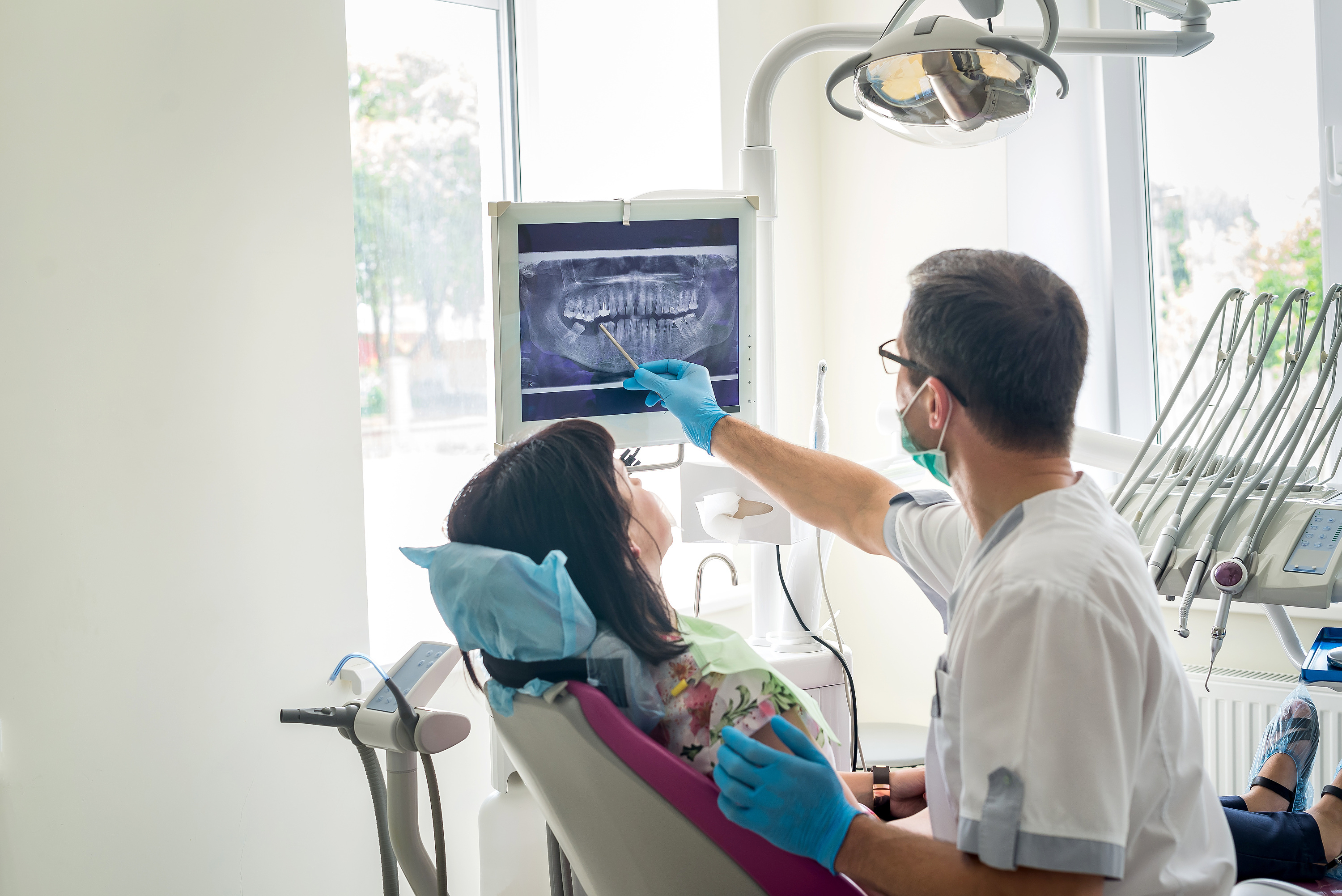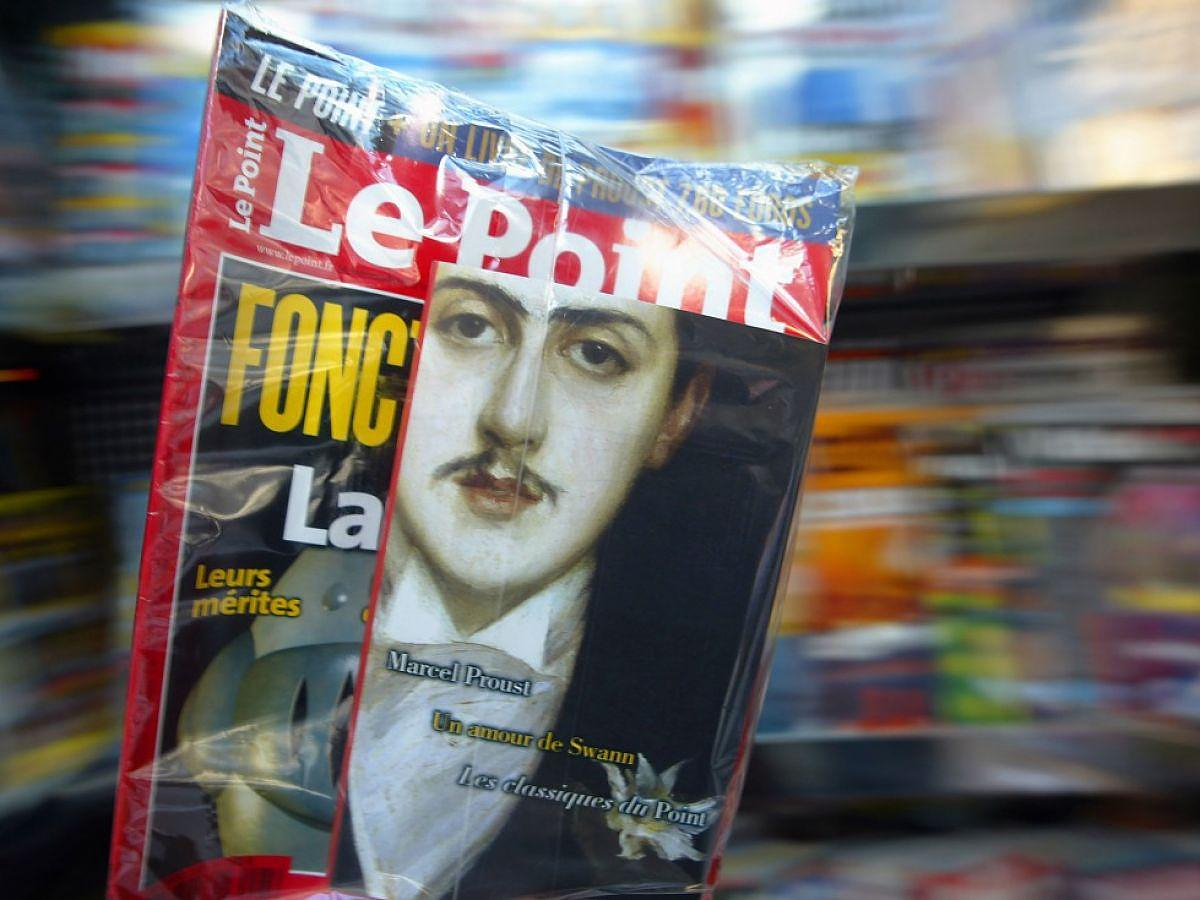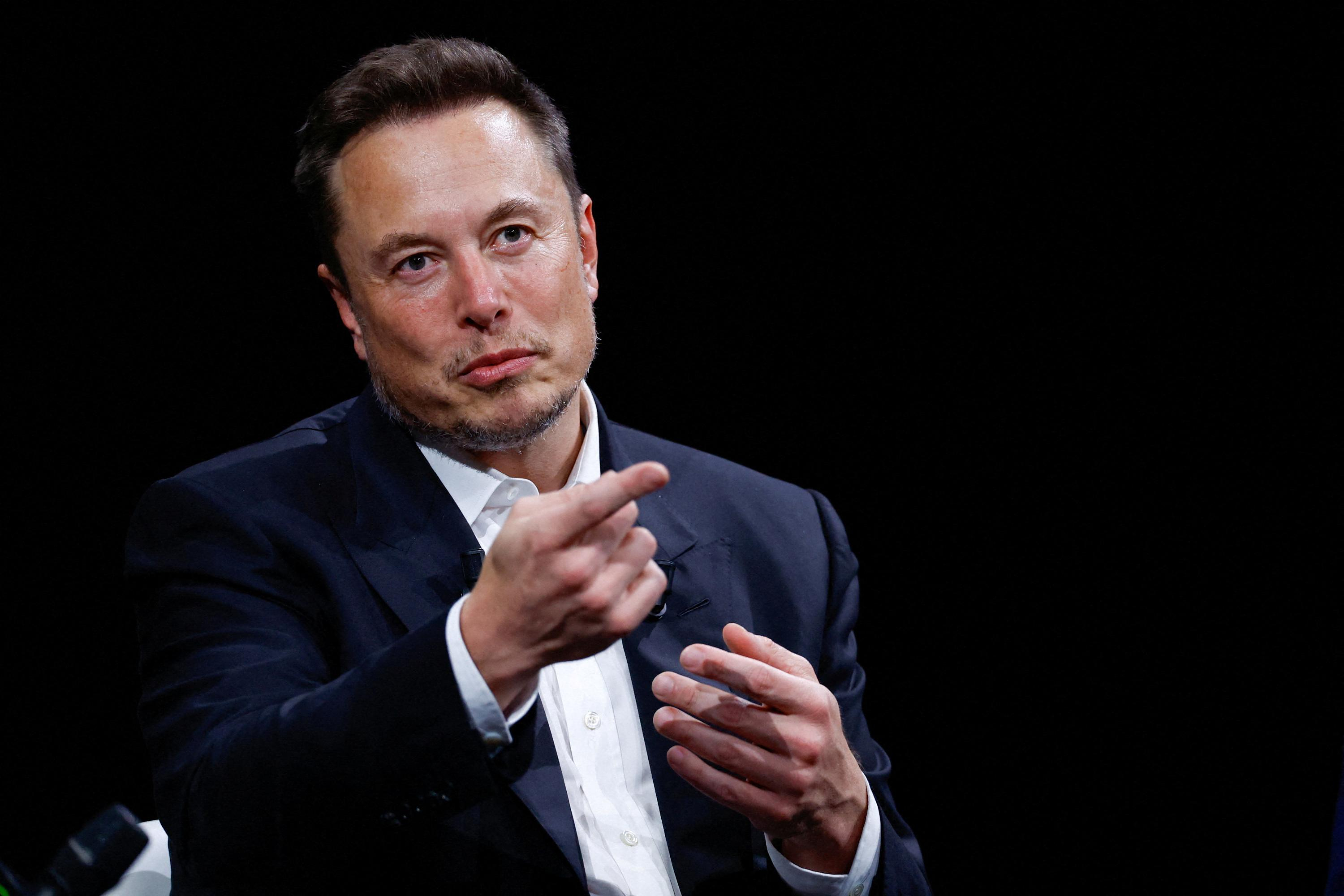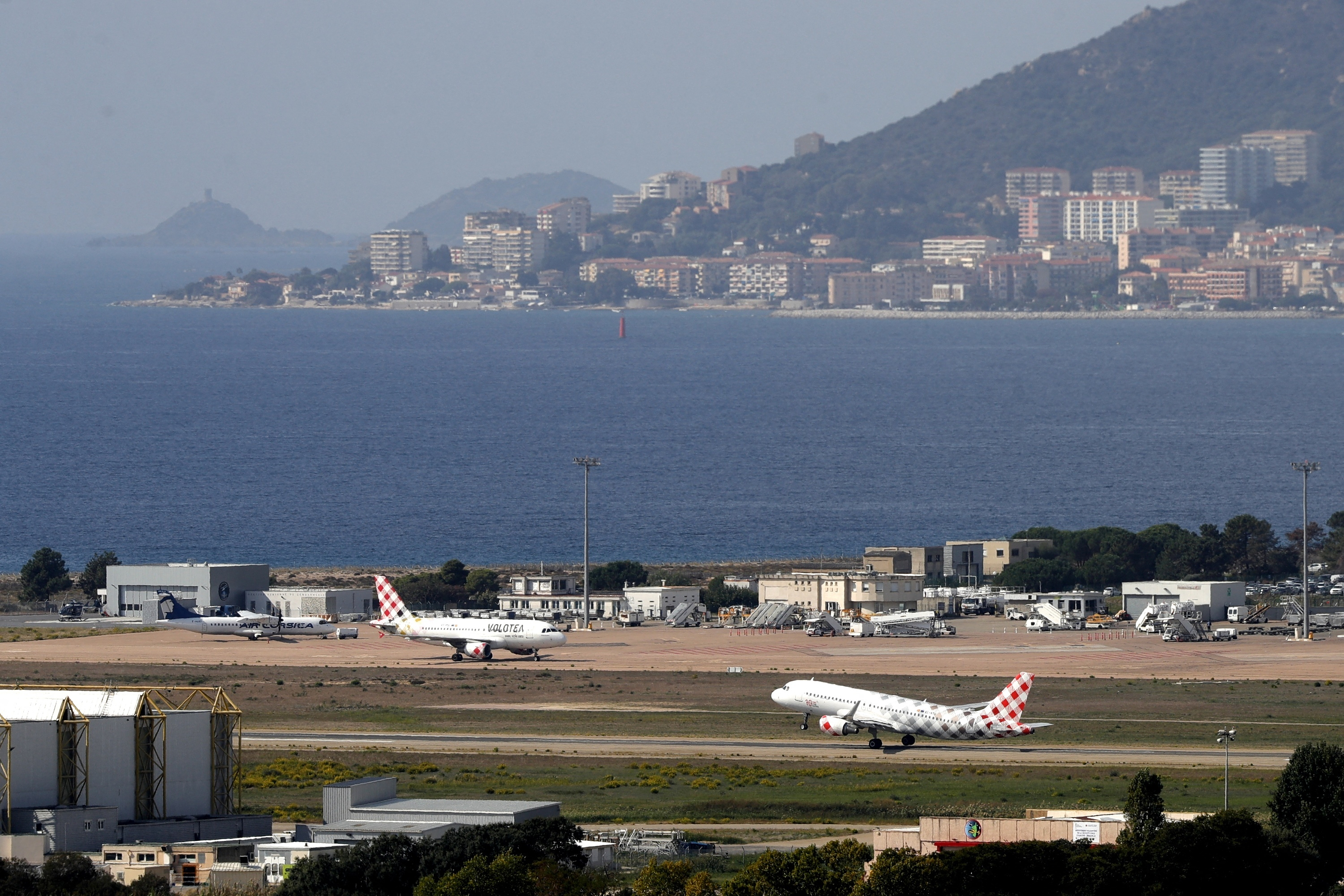The industry is already developing initiatives linked to European funds. Specifically, direct aid has been launched for the electric car and there are two battery factories underway.
It is difficult not to agree with Antón Costas, president of the Economic and Social Council (CES), when he assures that European funds must be a "lever to transform our productive model and improve the quality of employment". But it is very important to check that the money arrives correctly, in a timely manner, to the best hands. To fail in the recipients would be to ruin all hope deposited in the great national projects already presented through the PERTE summoned by the Government.
There is little discussion that the best expectations are being projected in the universe of mobility, since the projects in this area have been the first to be considered, approved and started to be developed. The PERTE of the Electric and Connected Vehicle (VEC) is endowed with nearly 3,000 million euros from the European funds of the Next Generation plan. Just over half of that amount will be used in direct aid and the rest in 10-year soft loans.
At the forefront of the VEC projects are, for the time being, the Volkswagen Group and its battery factory, which has already begun construction in Sagunto (Valencia). Within a process that will mobilize up to 10,000 million euros, this project aims to enable the production, in 2026, of batteries for 800,000 electric vehicles that will be manufactured in the Spanish plants of Martorell (Barcelona) and Landaben (Navarra). According to Seat's vice president of purchasing, Alfonso Sancha, the Sagunto factory will be the largest gigafactory of the six that the Volkswagen Group will have throughout Europe.
But not only this German automobile group has presented PERTE and hundreds of millions of investment. Also the Stellantis Group, with three industrial plants in Madrid, Zaragoza and Vigo; Renault, with factories in Valladolid, Palencia and Seville; Mercedes-Benz, which has its production in Vitoria, or Irizar, the bus multinational based in Guipúzcoa. At the moment they have not attended the call Ford, which manufactures cars in Almussafes (Valencia), nor Nissan, which still has component plants in Ávila and Cantabria after having abandoned the car plant in Barcelona. Iveco, with a plant in Valladolid, has let the VEC pass to opt for other projects more focused on hydrogen propulsion.
In total, 13 projects have been presented that will be a reality at the end of this year. They add up between them almost 6,000 million euros, executed with charge to European funds and that will imply private investments to double or even triple that amount.
These days the creation of the second Spanish battery gigafactory has been confirmed. It has corresponded to Extremadura, a privileged community in lithium deposits, an essential raw material for the manufacture of these components.
Another great project that should take hold in Spain, which not only concerns mobility or the automotive industry, is to manufacture microchips so that the industry can reverse its dependence on Asian production. The shortage of these elements has paralyzed factories throughout the continent. The European Union reserved 45,000 million euros to alleviate this situation and Spain is already finding some investors to manufacture microprocessors and semiconductors in our country.
Among the 11 projects struggling to get ahead, the National Supercomputing Center in Barcelona is quite notable. In addition, the Minister of Industry, Commerce and Tourism, Reyes Maroto, considers that three "chip clusters" will be established in Malaga, Catalonia and Galicia.
On the other hand, the Ministry of Transport, Mobility and Urban Agenda (MITMA) manages investments and grants to the mobility sector aimed at autonomous communities, local administrations and enterprises.
The Recovery and Resilience Mechanism (MRR) of the European Union mobilizes 4,536 million euros for the establishment of Low Emission Zones (ZBE) in cities, prioritizing public transport over private transport and transforming collective transport fleets to zero emissions , as well as workshop or refueling infrastructures.
“Using the funds assigned to the program, MITMA will make direct investments in the sections of the State Highway Network located in urban environments to humanize them and thus reduce the spaces dedicated to automobiles and slow down their speed,” they explain from Transportation. Similarly, MITMA will encourage the transformation of heavy transport vehicle fleets.

 His body naturally produces alcohol, he is acquitted after a drunk driving conviction
His body naturally produces alcohol, he is acquitted after a drunk driving conviction Who is David Pecker, the first key witness in Donald Trump's trial?
Who is David Pecker, the first key witness in Donald Trump's trial? What does the law on the expulsion of migrants to Rwanda adopted by the British Parliament contain?
What does the law on the expulsion of migrants to Rwanda adopted by the British Parliament contain? The shadow of Chinese espionage hangs over Westminster
The shadow of Chinese espionage hangs over Westminster What High Blood Pressure Does to Your Body (And Why It Should Be Treated)
What High Blood Pressure Does to Your Body (And Why It Should Be Treated) Vaccination in France has progressed in 2023, rejoices Public Health France
Vaccination in France has progressed in 2023, rejoices Public Health France Food additives suspected of promoting cardiovascular diseases
Food additives suspected of promoting cardiovascular diseases “Even morphine doesn’t work”: Léane, 17, victim of the adverse effects of an antibiotic
“Even morphine doesn’t work”: Léane, 17, victim of the adverse effects of an antibiotic Collection of booklet A stalls in March
Collection of booklet A stalls in March Kering expects a 40 to 45% drop in operating profit in the first half
Kering expects a 40 to 45% drop in operating profit in the first half Smartphones, televisions, household appliances… MEPs adopt a “right to repair”
Smartphones, televisions, household appliances… MEPs adopt a “right to repair” Fintechs increasingly focused on business services
Fintechs increasingly focused on business services The standoff between the organizers of Vieilles Charrues and the elected officials of Carhaix threatens the festival
The standoff between the organizers of Vieilles Charrues and the elected officials of Carhaix threatens the festival Strasbourg inaugurates a year of celebrations and debates as World Book Capital
Strasbourg inaugurates a year of celebrations and debates as World Book Capital Kendji Girac is “out of the woods” after his gunshot wound to the chest
Kendji Girac is “out of the woods” after his gunshot wound to the chest The Court of Auditors scrutinizes the management and projects of the Center Pompidou
The Court of Auditors scrutinizes the management and projects of the Center Pompidou Skoda Kodiaq 2024: a 'beast' plug-in hybrid SUV
Skoda Kodiaq 2024: a 'beast' plug-in hybrid SUV Tesla launches a new Model Y with 600 km of autonomy at a "more accessible price"
Tesla launches a new Model Y with 600 km of autonomy at a "more accessible price" The 10 best-selling cars in March 2024 in Spain: sales fall due to Easter
The 10 best-selling cars in March 2024 in Spain: sales fall due to Easter A private jet company buys more than 100 flying cars
A private jet company buys more than 100 flying cars This is how housing prices have changed in Spain in the last decade
This is how housing prices have changed in Spain in the last decade The home mortgage firm drops 10% in January and interest soars to 3.46%
The home mortgage firm drops 10% in January and interest soars to 3.46% The jewel of the Rocío de Nagüeles urbanization: a dream villa in Marbella
The jewel of the Rocío de Nagüeles urbanization: a dream villa in Marbella Rental prices grow by 7.3% in February: where does it go up and where does it go down?
Rental prices grow by 7.3% in February: where does it go up and where does it go down? Europeans: “All those who claim that we don’t need Europe are liars”, criticizes Bayrou
Europeans: “All those who claim that we don’t need Europe are liars”, criticizes Bayrou With the promise of a “real burst of authority”, Gabriel Attal provokes the ire of the opposition
With the promise of a “real burst of authority”, Gabriel Attal provokes the ire of the opposition Europeans: the schedule of debates to follow between now and June 9
Europeans: the schedule of debates to follow between now and June 9 Europeans: “In France, there is a left and there is a right,” assures Bellamy
Europeans: “In France, there is a left and there is a right,” assures Bellamy These French cities that will boycott the World Cup in Qatar
These French cities that will boycott the World Cup in Qatar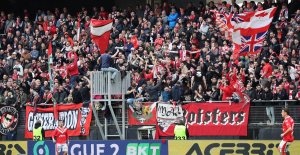 Football: VAFC supporters are ironic after their descent into National
Football: VAFC supporters are ironic after their descent into National Tennis: Carlos Alcaraz should play in Madrid
Tennis: Carlos Alcaraz should play in Madrid Football: victim of discomfort in the middle of a match in mid-April, Evan Ndicka will resume training with AS Roma
Football: victim of discomfort in the middle of a match in mid-April, Evan Ndicka will resume training with AS Roma Ligue 1: PSG almost champion, OM, shock for the C1… 5 reasons to follow an exciting evening
Ligue 1: PSG almost champion, OM, shock for the C1… 5 reasons to follow an exciting evening




